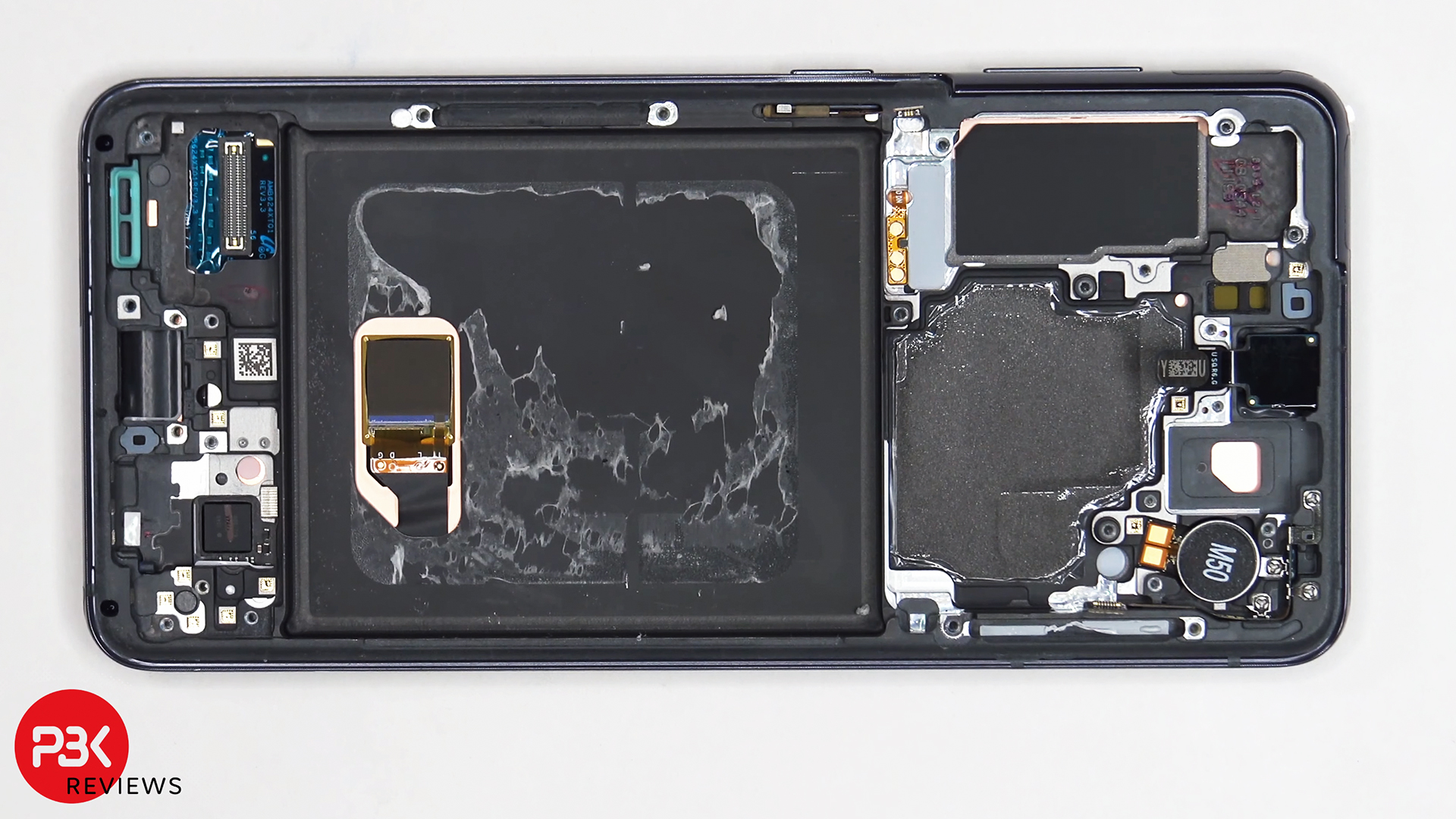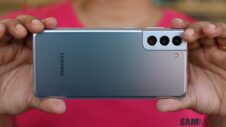Well, that certainly didn't take long at all: the Galaxy S21 5G got taken apart and scrutinized for parts immediately following its launch. Tech YouTuber PBKRreviews did the honors, publishing a high-definition recording of this accomplishment within a day of Samsung's latest Galaxy Unpacked event.
Now, the video that can be viewed below isn't significant for proving people are excited about the newest Samsung flagships. We kind of figured that one out on our own, duh. We're highlighting it because it's the first piece of evidence suggesting the Galaxy S21 5G is a remarkably repairable smartphone.
At least relative to nearly every other flagship out there, mind you. The biggest inconvenience during this particular disassembly was removing the battery of the Galaxy S21 because factory-sanctioned pull tabs weren't an option. The author hence resorted to giving the ol' heat gun treatment to the adhesive.
Are we taking Samsung's current design achievements for granted?
Being able to continuously refine industry-leading product design is a daunting enough task on its own. The fact that Samsung managed to do so with yet another product generation without sacrificing the repairability of its designs is definitely praiseworthy. Doubly so among the crowd that believes smartphones have already gotten too thin. So, fingers crossed that Samsung's amazing product design track record continues.
History's first public Galaxy S21 teardown also confirms Samsung's chipset cooling experiments are continuing in 2021. Namely, it turned out that the disassembled unit featured a multi-layered thermal pad made of graphite as its primary avenue for draining the heat away from the brains of the device. Whereas a typical mechanism would consist of some copper wiring and a radiator, not unlike a miniature ultrabook setup.
We've already seen Samsung use 3D graphite pads to sustain the performance of some of its recent flagships like the Galaxy Note 20 and the Galaxy S20 Ultra. And if those past product generations are indicative of its current manufacturing practices, there will be no way of knowing if you're buying a Galaxy S21-series device with a traditional cooling system or its graphite-plated counterpart.
Of course, the expectation is that none of this will matter because both systems should perform at levels indistinguishable from each other.







